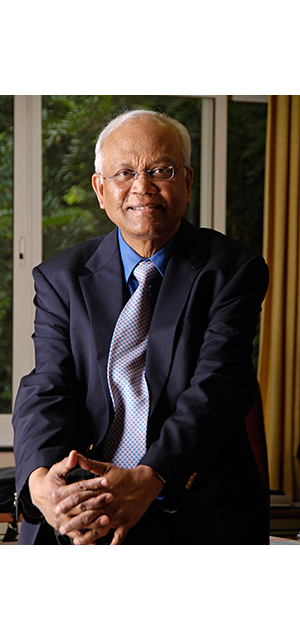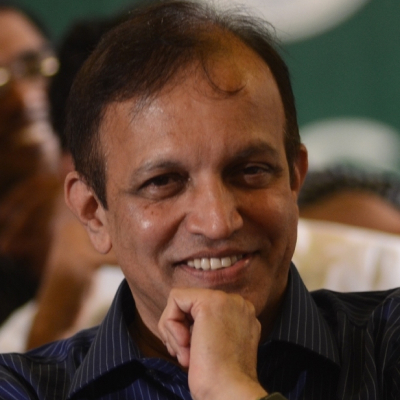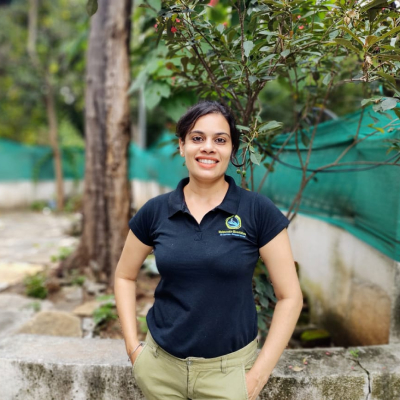Dr. Aishwarya Yadav
What if you are being told that certain aquatic plant species especially algae have the capacity to generate the electricity which can be used to power the computers? Sounds strange, right? Research led by Professor Christopher Howe from University of Cambridge, Department of Biochemistry and Emre Ozer from Arm, a company working in the field of microprocessors, built a system similar in size to a conventional AA battery comprising of a type of cyanobacteria called Synechocystis sp. PCC 6803 also known as “blue-green algae”. This tiny device when placed in your windowsill harvest the energy from sun through photosynthesis creating a small electrical current which then interacts with an aluminum electrode and is used to power a microprocessor.
The materials used in these tiny photovoltaic cells are easily available and can be recycled which makes them an ideal candidate for commercialization on a large scale for applications in small devices as the part of Internet of Things (IoT). An IoT system consists of smart devices that use embedded systems such as processors, sensors and wireless network. The systems based on IoT will now soon become a part of everyday life offering smart devices to automate homes, monitor a range of health parameters of patients, fitness wearables, and controlled use of water and electricity, among many, many other possibilities. The use of lithium-ion batteries to power an increasing demand of IoT devices in near future is not feasible since an enormous quantity of lithium will be needed which is three times more than what is actual manufactured across the globe annually. Hence, an environmentally-friendly alternative to conventional photovoltaic devices, this bio-photovoltaic energy harvester can do wonders powering an Arm Cortex-M0+ processor (a microprocessor widely used in Internet of Things applications) for six months within a temperature range of 13.8–30.7°C.
Please see the following news Source(s) and original reference(s) therein:
https://techxplore.com/news/2022-05-algae-powered-scientists-reliable-renewable-biological.html
https://pubs.rsc.org/en/content/articlelanding/2022/EE/D2EE00233G






Great Aishwarya
Keep it up 👍